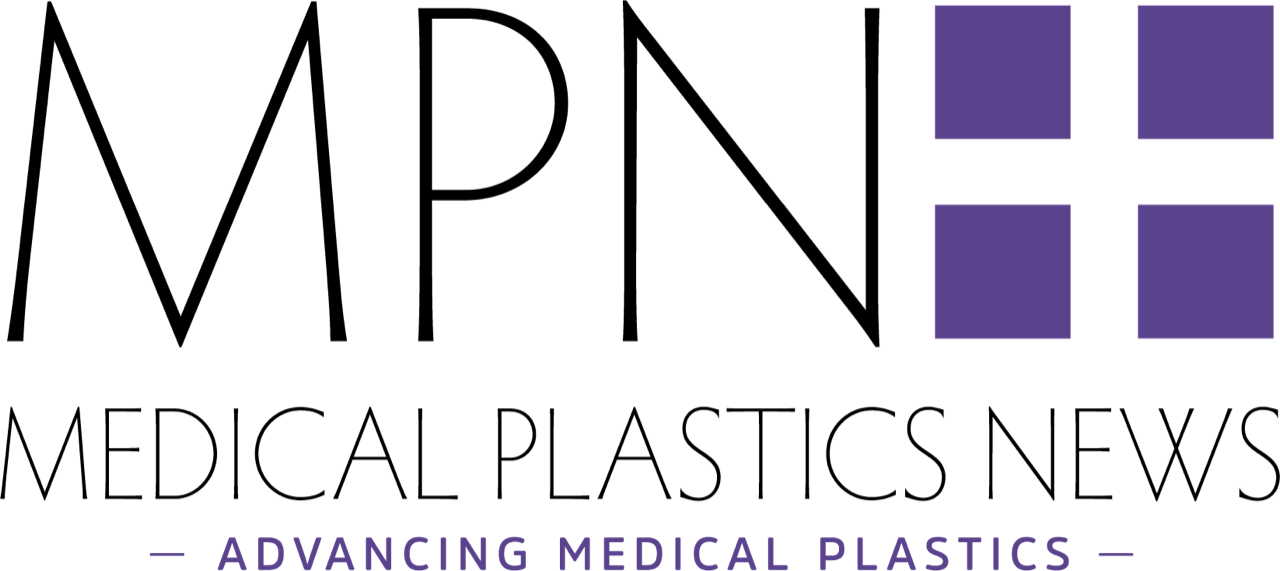The “Reimagining Global Health through Artificial Intelligence: The Roadmap to AI Maturity” report references how technologies such as e-banking and blockchain have often been adopted faster and more comprehensively in low-and middle-income countries compared to high-income countries.

AI health technologies see strong uptake in low-and middle-income countries, report states
The report states that the adoption of health technologies is likely to follow the same trend, especially when the need for digital solutions is being accelerated by the Covid-19 pandemic. There is now a greater need for reducing contact between patients and healthcare providers which could lead to major growth in technologies such as AI-enabled diagnostics.
“Many countries are ill-prepared to address a new emerging disease such as Covid-19 in addition to the existing burden of infectious diseases and the ever-increasing tide of chronic diseases. Digital technology and AI are essential enablers to re-engineer health systems from being reactive to proactive, predictive, and even preventive,” said Dr Ann Aerts, head of the Novartis Foundation and co-chair of the Broadband Commission Working Group on Digital and AI in Health, which wrote the report. The Commission was established in 2010 by the International Telecommunication Union and UNESCO to expand broadband access to accelerate progress towards national and international development targets.
“We have to develop a sustainable ecosystem for AI in health in the countries where it is most desperately needed,” Dr Aerts said. “This has to happen while ensuring fairness and access for all. As health systems build back after the pandemic, technological innovation has to be a core part of the agenda.”
Supportive AI health tools could be essential in helping nurses and community health workers diagnose and treat illnesses traditionally seen by doctors. In particular, these technologies could be vital for helping countries where there are major shortages of health workers.
“AI can have a big impact not just in lower-income countries, but across all health systems,” said Paul Mitchell of Microsoft, who co-chaired the Working Group. “It’s clear Covid-19 is driving massive change in the use of technology in health - we are seeing in a few months what I would have expected normally to take years, if not decades.”
Examples of AI adoption in health can be seen in Rwanda, with the government partnering with digital health company Babylon Health to give every person aged over 12 access to digital health consultations.
More so, hospitals in India are using AI to predict a patient’s risk of a heart attack so resources and medicine can be targeted towards high risk patients.
UNICEF has developed an AI program to reduce the social and economic burden of outbreaks through targeted population health measures. Its Magic Box program both predicts when outbreaks are likely, and allows health systems to reorganise their resources, alert health workers and launch public health campaigns, so they can respond better and faster to emergencies.
The report says how governments should identify and test innovative ways to finance AI in health solutions. For instance, national reimbursement of digital and AI-enabled health services is key to ensure financial accessibility.

